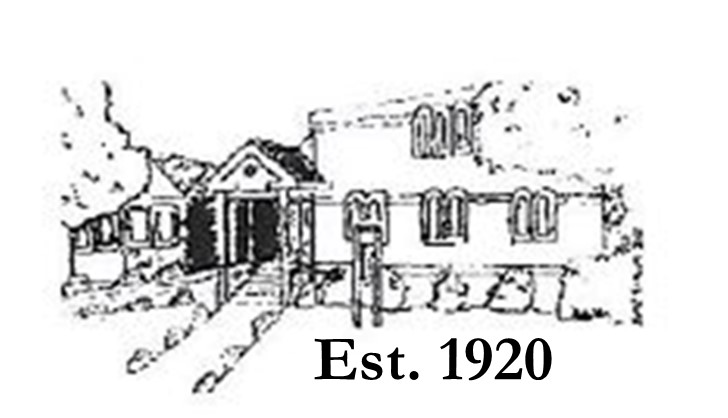A History of the Jewish Community in Laconia, New Hampshire
Temple B’nai Israel has been a pillar of the Jewish community in Laconia for 100 years. There were many pioneers who paved the way for our congregation’s success. David Sneierson, the first practicing Jew of note, arrived in Laconia in 1902. Hailing from Kovno Guberniya in Lithuania, he brought with him a rich knowledge of Talmudic studies. As the spiritual leader of the Jews in the Laconia area, Reb. Sneierson not only taught Hebrew School and guided Bar Mitzvah students, but he also made significant decisions regarding Rabbinic Law and Kosher practices. His dedication extended to leading services and importing and selling Kosher meat from Manchester.

Our journey has been shaped by remarkable individuals who have contributed their time and leadership to Temple B’nai Israel. From our dedicated board members and trustees to the passionate volunteers who have nurtured our community, we owe a debt of gratitude to all those who have helped us grow and thrive. Temple B’nai Israel continues the legacy of resilience and community established by David Sneierson and the founding families.
The links below provide more detailed information about the history of the Jewish Community in Laconia, the early founders and their descendants.
The history of Temple B’nai Israel dates back to the early 20th century when the synagogue was established.
In 1936 Max Chertok, Morris Melnick, Samuel Rosen, Kalman Alterman, and Robert Wein came together to provide the resources to build the Sons of Israel Congregation. This building remains the center of Jewish life in Laconia today, Temple B’nai Israel. Before the building was erected members would meet in each other’s homes or in the local Elks Hall for the High Holidays. Once they had their own building, the members recognized very quickly the need to expand and added a social hall and small kitchen behind the sanctuary. The kitchen was expanded in the 1990s to accommodate the food preparation for our popular Jewish Food Festival, which began in 1997 as a hot dog stand and rummage sale. (read about the History of the Jewish Food Festival.) In 2001, our commitment to education led us to expand our Religious School and create the Nathan and Jennie Brindis Learning Center.
In 1985, the first Jewish Cemetery in the Lakes Region was established thanks to the commitment of Irene and Arthur Gordon both of blessed memory, z’L. Their efforts gave us a sacred space for our loved ones to rest in peace.
Throughout the years, our community has evolved, embracing different Jewish traditions transitioning from an Orthodox origin to Conservative and then to Reform services. Today, we are proud to offer a warm and welcoming environment for families and individuals seeking spiritual connection and meaningful engagement in the Reform tradition. Our services provide a mix of both English and Hebrew which allows us to cater to the needs of our community, ensuring that everyone can fully participate and find spiritual fulfillment in their own way.
